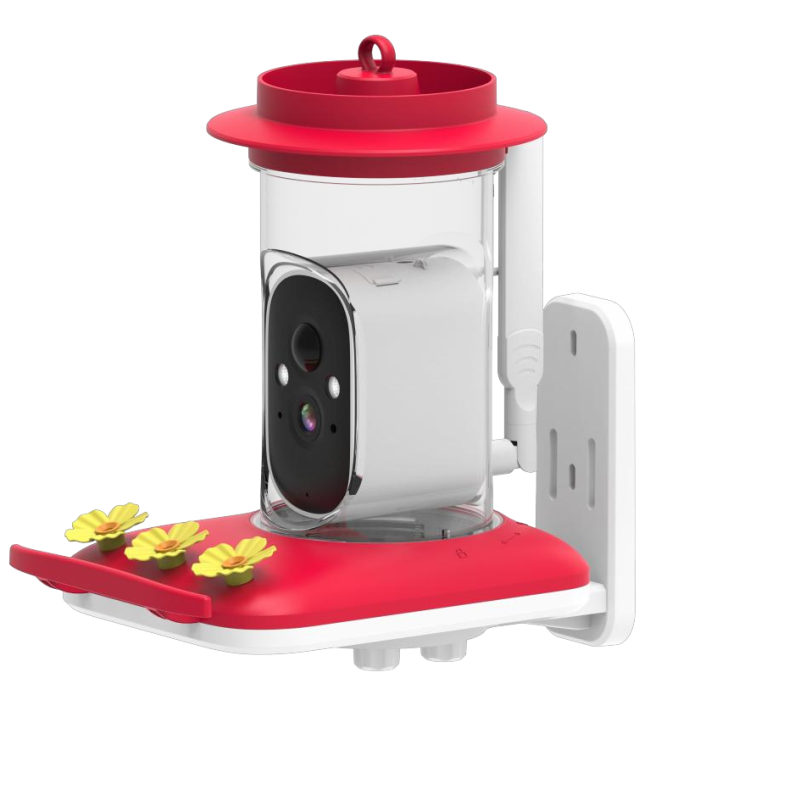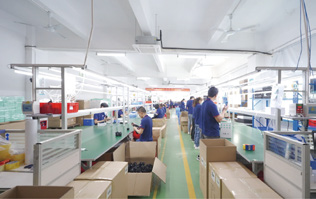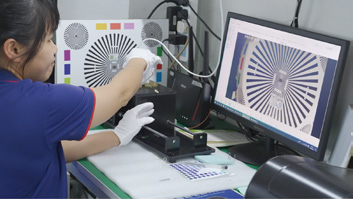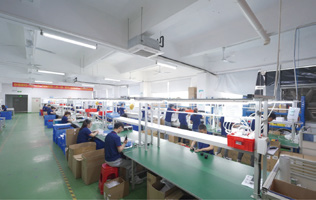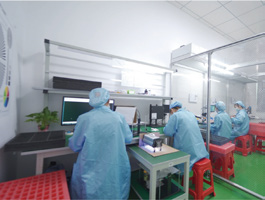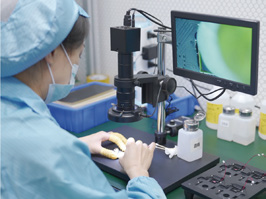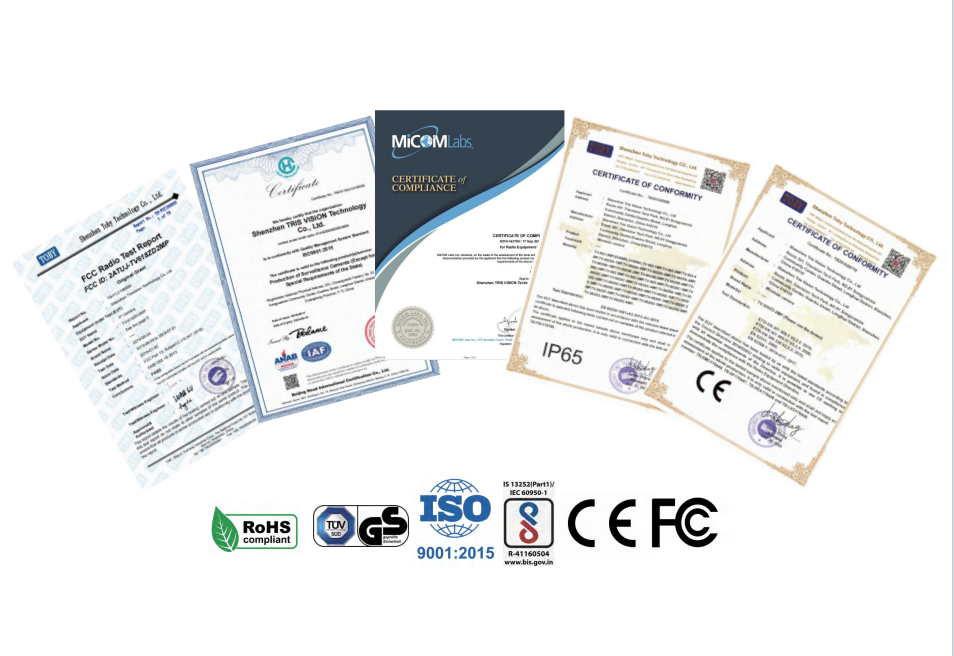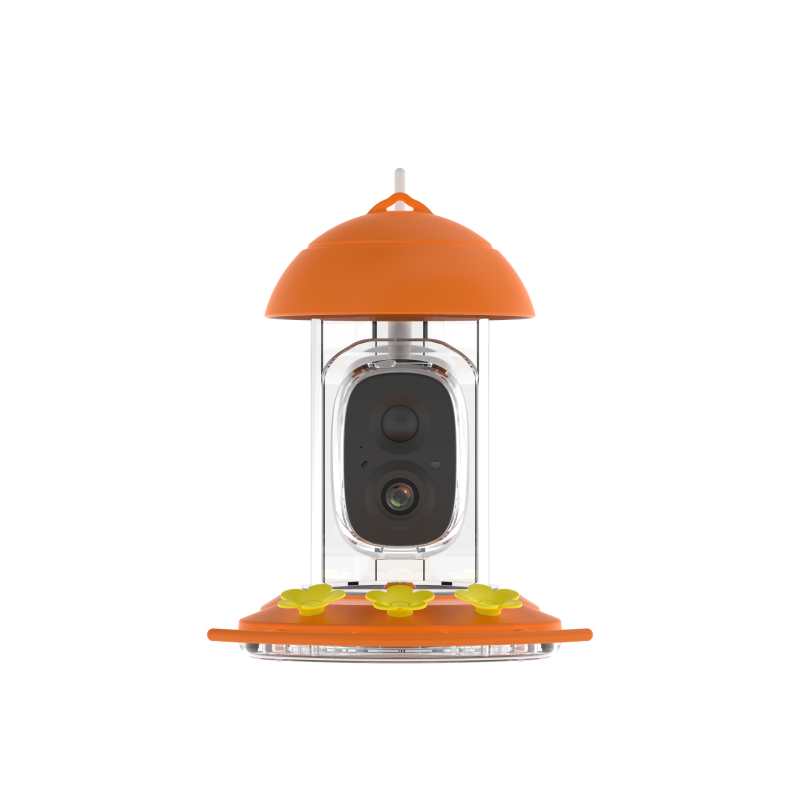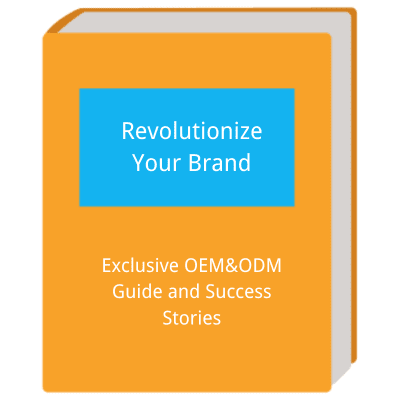Custom Design and Development
We work closely with clients to understand their unique needs for the hummingbird feeder and provide tailored design solutions.
Leveraging our expertise and experience in ecological product design, we develop detailed technical specifications, structural blueprints, and a bill of materials (BOM) to ensure every detail meets the client’s requirements.
Before mass production, we create 3D models and prototypes for client approval, ensuring the feasibility and functionality of the design.
Component and Assembly Procurement
We source high-quality materials and components from trusted suppliers, including glass, plastic, metal structures, hooks, feeding tubes, etc., ensuring that each part meets our stringent quality standards.
Advanced testing equipment and techniques are used to inspect each batch of incoming raw materials, ensuring they meet performance and durability requirements.
Using precision machinery and experienced technicians, we assemble components, including detailed part connections, reinforcement of supports, installation of hooks, and filling nectar reservoirs.
Throughout the production process, strict quality control measures are implemented to ensure that every detail adheres to design specifications.
Quality Control and Testing
Process Quality Control
Each stage of the production process undergoes thorough inspection to ensure that parts and components meet standards, with any inconsistencies or defects being detected and addressed promptly.
We apply Statistical Process Control (SPC) techniques to monitor and maintain the quality of our production processes, adjusting production flows and retesting when necessary to ensure product consistency and reliability.
Functionality Testing
We test the basic functions of the hummingbird feeder, including flow control of feeding tubes, stability of hanging systems, and the corrosion resistance of surface coatings, ensuring its performance in real-world conditions.For the Smart Hummingbird Feeder functionality tests include if the camera is working properly and if the Ai is accurate in recognising hummingbirds.
All custom features are verified to ensure each component and design performs as expected, providing ease of use for clients.
Battery life and charging test (this step is for smart hummingbird feeders only):
Evaluate the battery life of the Smart Hummingbird Feeder under various usage conditions to ensure longevity and reliability.
Test the charging mechanism and efficiency to ensure optimal performance and battery safety.
Durability Testing
We conduct weather resistance tests by exposing the hummingbird feeder to various environmental conditions (such as high temperatures, low temperatures, and strong UV rays) to assess its resistance to oxidation, UV degradation, and aging.
Drop tests simulate accidental impacts to ensure the product can withstand falls without affecting usability.
Water Resistance Testing
We conduct water resistance tests, exposing the feeder to rain or high humidity environments, to verify its compliance with waterproof standards and ensure long-term safety and reliability.
Environmental Testing
We test the feeder’s performance under different temperature and humidity conditions, ensuring it maintains stability and reliability in various climate environments to meet customer needs.
Final Quality Inspection
Each hummingbird feeder undergoes a thorough visual inspection to ensure there are no appearance defects, scratches, or color discrepancies.
A final functionality check is performed to ensure all components and systems are working properly, meeting design standards, and ensuring the product functions perfectly before delivery.
Certifications
We comply with international standards such as ISO, RoHS, and CE, ensuring that our hummingbird feeders meet global environmental, safety, and quality requirements, providing clients with peace of mind and long-lasting durability.


